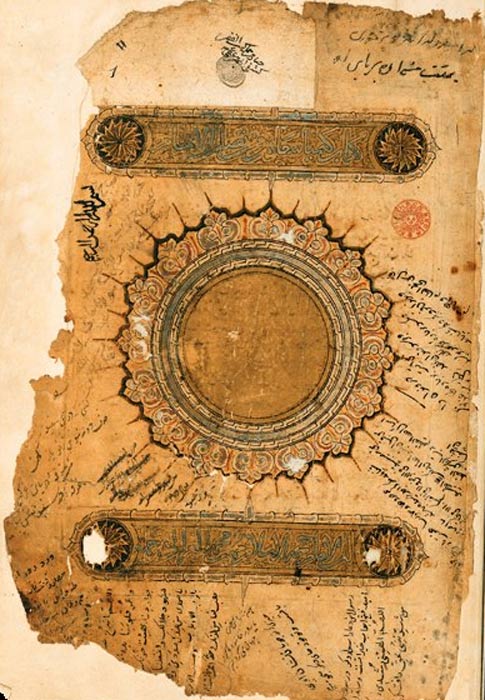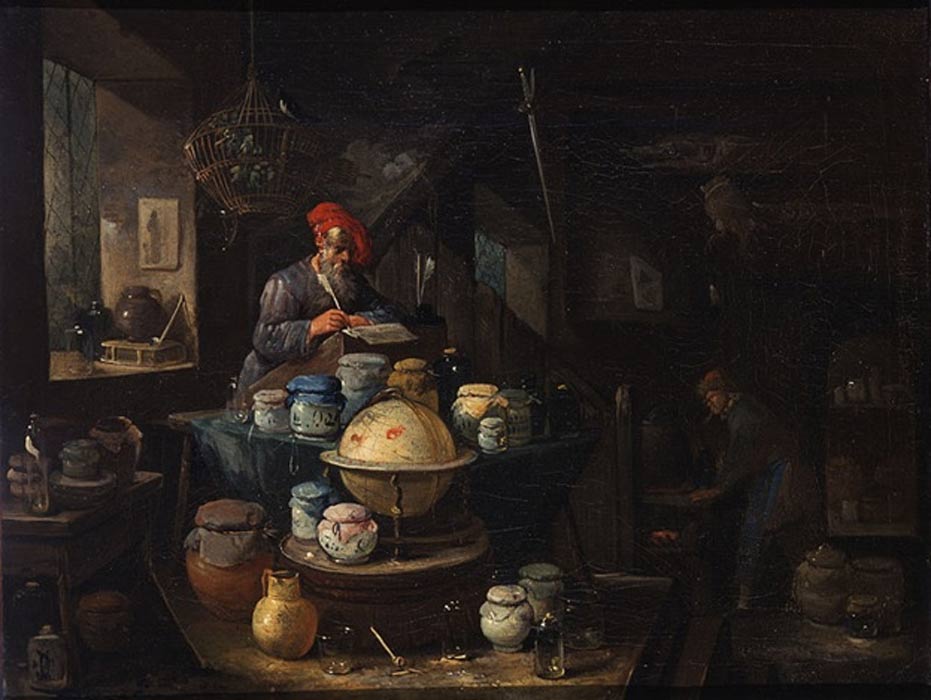
The Strange and Sudden Death of Ancient Alchemy
The quest for the Philosopher’s Stone, alchemy, the search for the Elixir of Life and turning base elements into gold, which occupied the minds of many famous ancient scientists such as Isaac Newton, abruptly came to a halt by the end of the 18th century, due to two incidents, involving a hoax and a suicide.
Ancient to Modern Alchemists
For almost 2000 years the principle area of scientific research within the Hellenistic and Western worlds was the study of alchemy, something now recognized as having paved the way for not only the modern scientific method but also modern scientific disciplines including physics, medicine and chemistry. But then, almost overnight, towards the end of the 18th century, alchemy lost all its credibility, with alchemists from then onwards derided as little more than fraudsters, charlatans and the sadly deluded. Similar practices also existed in the ancient Far East, the Indian subcontinent, and the later Muslim world but are outside the scope of this article. So what happened?

Kimiya-yi sa'ādat (The Alchemy of Happiness), a text on Islamic philosophy and alchemy by the Persian philosopher and mystic Al-Ghazālī (11th century) (Public Domain)
The start of Western alchemy is generally traced to ancient and Hellenistic Egypt, where the city of Alexandria was a center of alchemical knowledge, and retained its pre-eminence through most of the Greek and Roman periods. Here, elements of what is now called technology, as well as religion, mythology, and philosophy, each with their own much longer histories, combined to form the earliest known records of alchemy. Indeed, a certain mystic called Zosimos of Panopolis (also known as Zosimos the Alchemist) wrote the oldest known books on alchemy sometime towards the end of the third and beginning of the fourth century AD.
Although the collapse of the Roman Empire and the advent of the so-called Dark Ages in Western Europe saw much of this early knowledge apparently vanish, by the end of the first millennium Western scribes were translating Islamic books on alchemy, many of which incorporated the earlier Hellenistic learning previously thought lost. The result was by the 12th century the likes of Albertus Magnus and Roger Bacon, both friars within the Roman Catholic Church, were actively engaged in alchemical pursuits. In subsequent centuries, the roster of distinguished alchemists included Nicolas Flamel, Cornelius Agrippa, Paracelsus, John Dee, Robert Boyle, and Sir Isaac Newton. In the case of Newton it is frequently claimed he spent more time writing about alchemy than he did about the mathematics and physics for which he is still renown today.

An Alchemist in His Study by Egbert van Heemskerk (1634/1635–1704) (Public Domain)
The Quest for the Philosopher’s Stone
As to what these alchemists were searching for… there were two main objectives. There was the quest to create the Universal Panacea and the Elixir of Life that would cure all illnesses and disease, as well as grant eternal life or at least eternal youth. The second, and probably the one alchemists are now best remembered for, was the Transmutation of Base Metals, such as lead, into ‘noble metals’ such as gold. This is sometimes called ‘chrysopeia’.
- Sir Isaac Newton’s Secret Quest for the God Engine
- Defeating Death: The Ancient Quest for Eternal Life through Artifacts, Divine Foods and Elixirs
- Making a Magical Substance for Health and Wealth - Discovery of Alchemy Transcripts by Newton
At the heart of both these projects was the Philosopher’s Stone, a legendary substance that would support both transmutation and the rejuvenating elixir. Some alchemists thought the stone was an actual physical thing, while others believed it took on a more spiritual form – in effect a kind of grand theory of life, the universe and everything. (To borrow a phrase from Douglas Adams.) Certainly, by the 17th century, the Western alchemical tradition was splitting into those who saw it in terms of its exoteric practical applications and those who focused on its esoteric, philosophical aspects.




